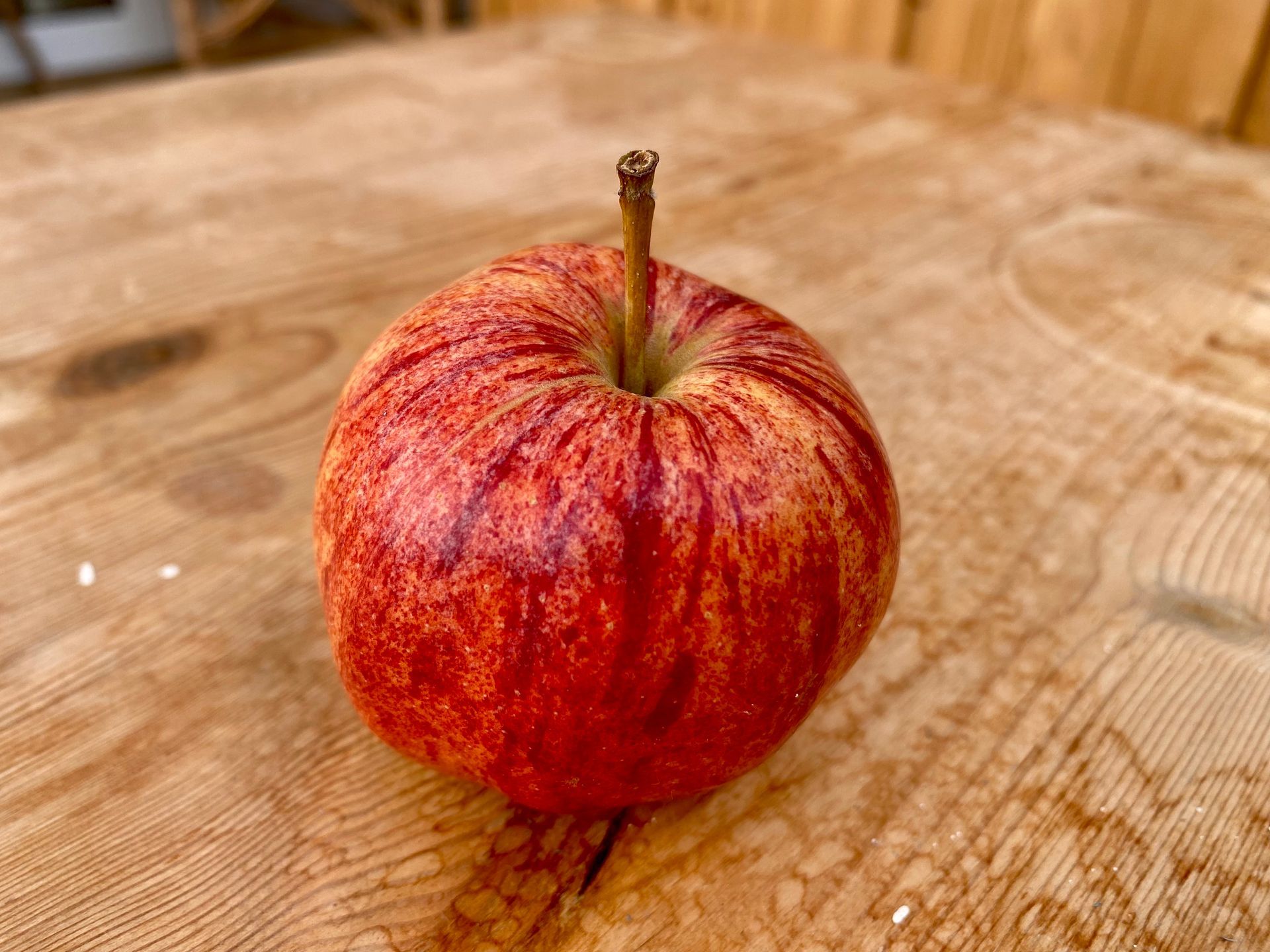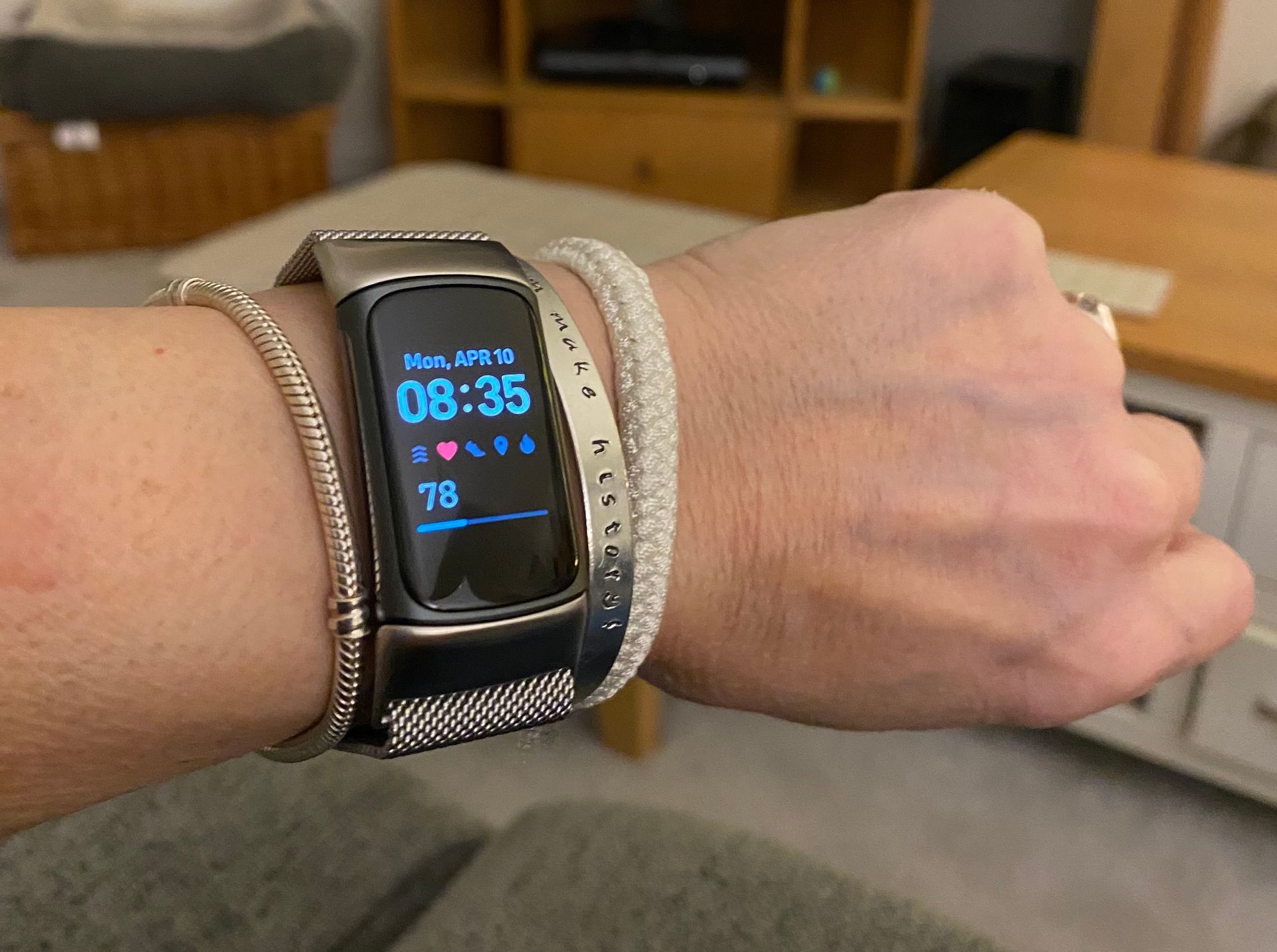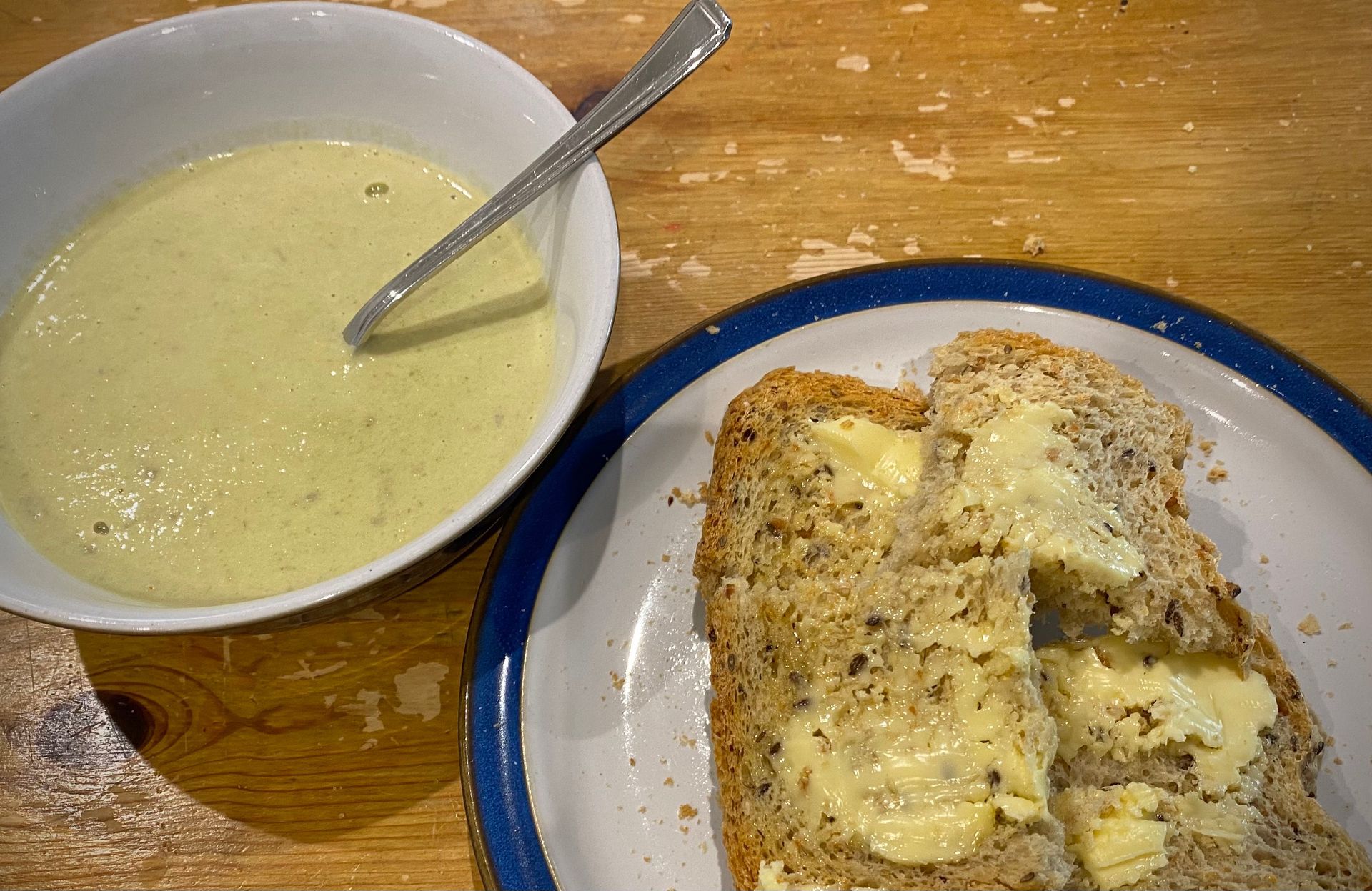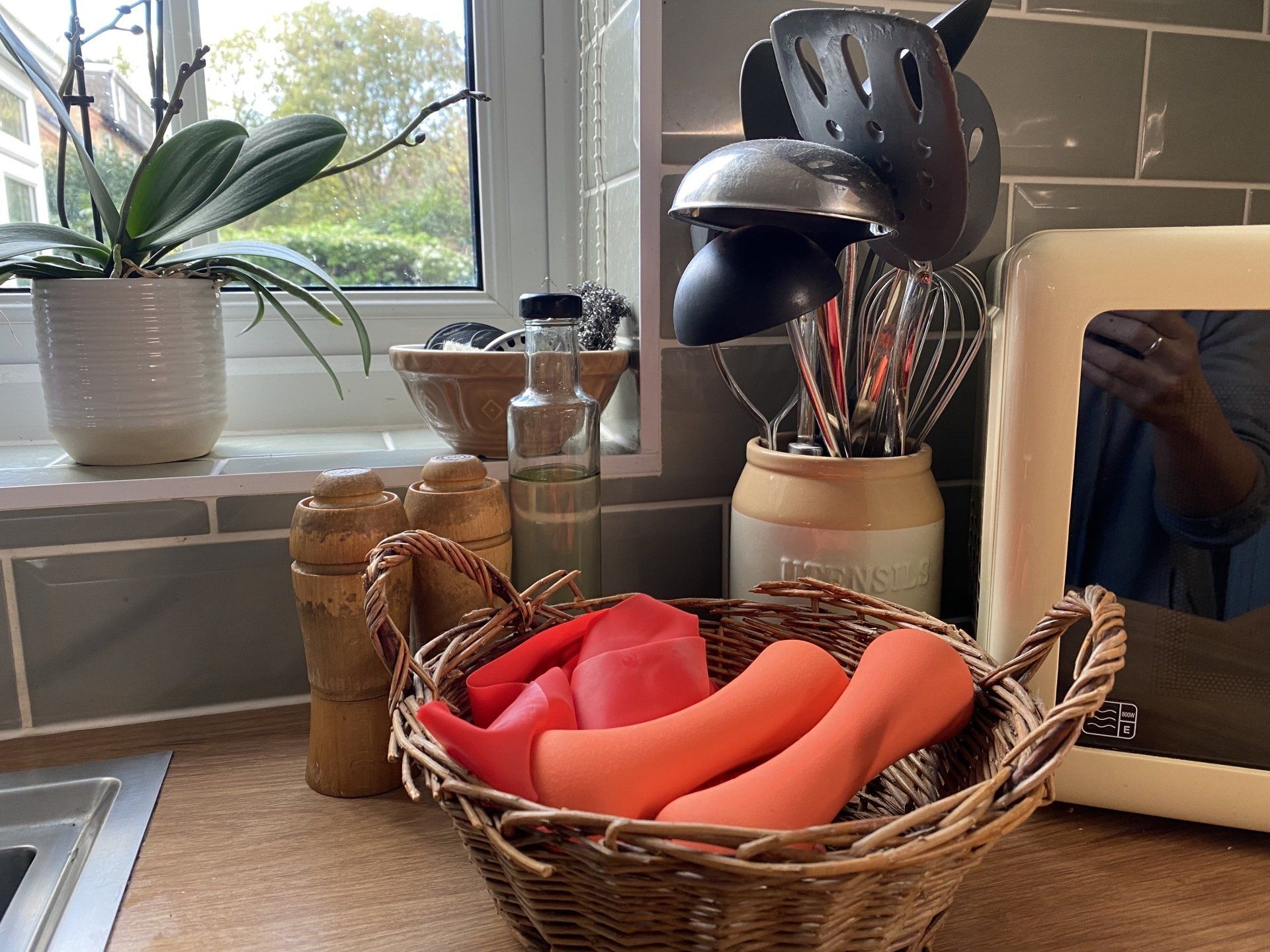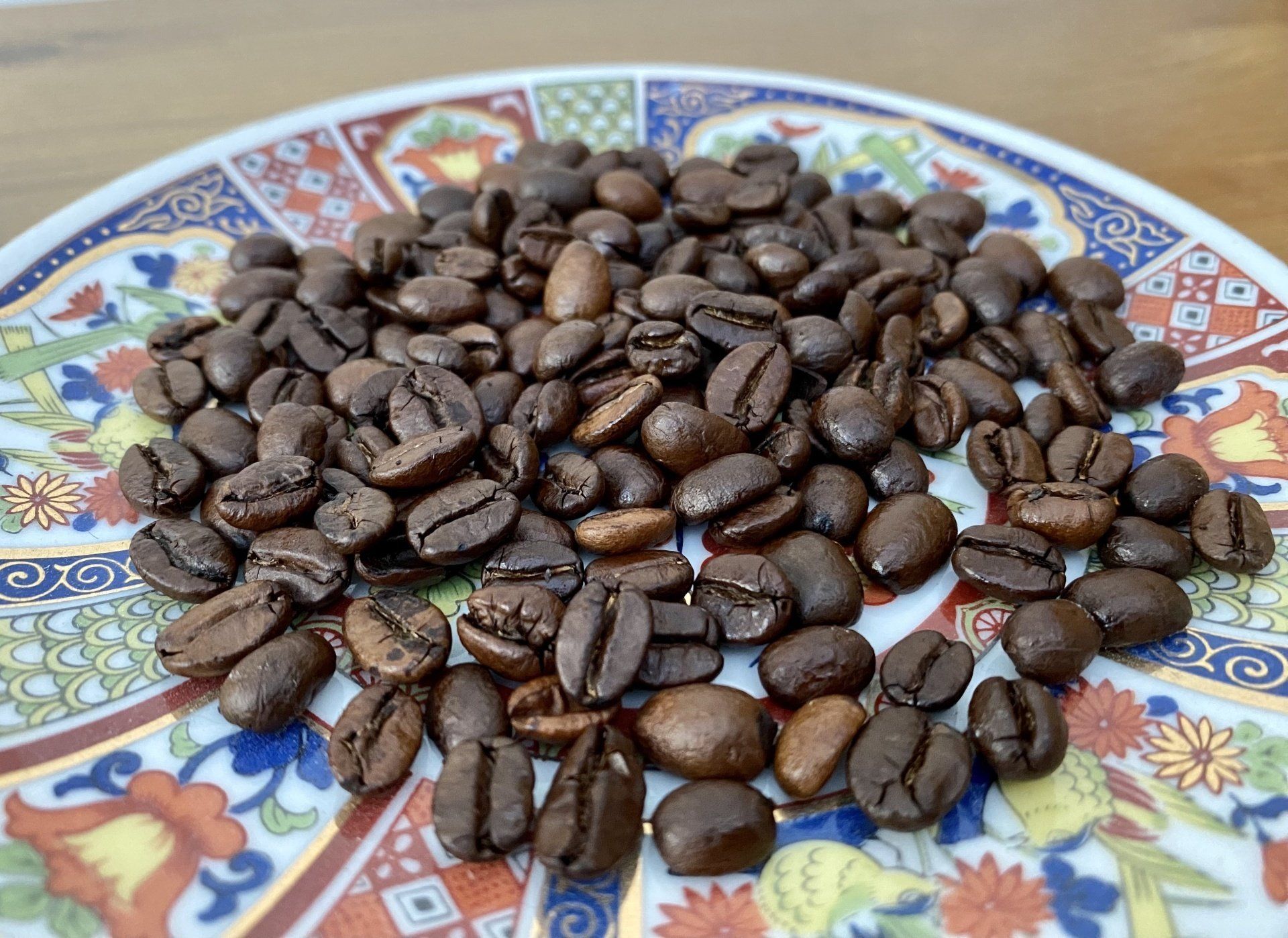Get to know your nervous system
Five steps to support parasympathetic tone
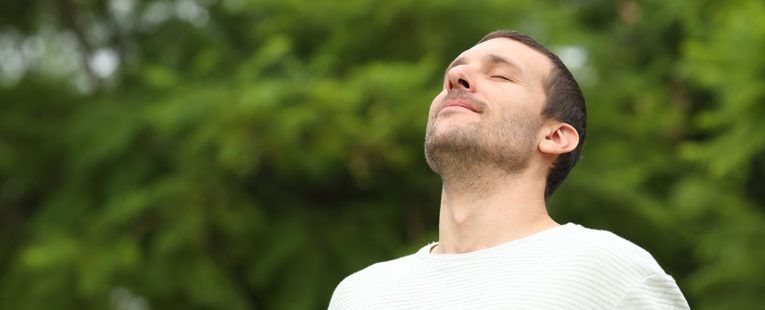
Human physiology is optimised when we are in a state of balance. A life with no excitement and challenge is not a balanced one. Chasing a lifestyle that involves no stress is not a recipe for well-being.
But the key word here is balance. It is in the balance that the secret to our best state of well-being lies. Understanding this, and how the sympathetic and parasympathetic nervous systems interact to create optimal functioning, is a key part of the Mustard Seeds strategy.
The first step is awareness. When we become aware our autonomous nervous system is out of balance, we can take steps to give it the best chance to regulate itself. In the modern world, many things conspire to block this awareness with endless distractions and the unrealistic idea that somehow we are tougher and stronger if we can burn the candles at both ends. Think the way we have so willingly surrendered to 24 hour working cultures through our technology, the way coffee machines serving the strongest blends have appeared in workplaces, the way a culture of ‘work hard, play hard’ leaves us feeling like we want more, always, as we look at others and compare ourselves obsessively.
Step one in creating awareness is to be still. You can’t listen to your body without peace and quiet. In the early stages of imbalance the signs are small and require concentration to catch.
Step two is noticing. Key markers might be how fast your breathing is and whether it is hard to slow it down, how hard you find it to be physically still, and how intrusive particular thoughts are.
Step three is visualising and imagining. Tell yourself a story about how you would like it to be. This is a private space so it can be completely unrealistic if you want.
Step four is to come out of the imagery and accept that life contains ups and downs. Slow yourself to dwell on the bad things that have happened recently that might have caused your sympathetic nervous system to be working overtime. Accept them.
Step five is to go back to that noticing stage and commit to one small step that will support your physiology. If you are over breathing, consider two minutes twice a day to practice better breathing. If you have an unsettled stomach, consider planning meals better for the next week and see if you notice an improvement. Think about your sleep routine. Ask yourself questions about caffeine and alcohol. Make sure you choose just one thing to change so that you stand a chance of following it through.
In summary...
Still yourself.
Notice changes.
Visualise positive stories.
Accept what has happened.
Commit to looking after yourself with the things you can control to support your physiology.


